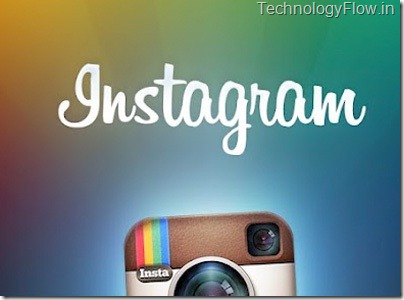How an app run in a tiny office Californian has revolutionized the business of the photographic industry.
"Internet killed the middle class", noted, alarmist, essayist and web pioneer Jaron Lanier in an interview in early May. Can you blame her? At its peak, Kodak employed more than 140,000 people in a dozen factories around the world. Since the digital switchover, the former photography giant is bankrupt. In 2012, Instagram, which is a leader in the market for apps photo, employs only a dozen people in a small neighborhood of a popular California office.
For boredom, creates Instagram Kevin Systrom:
The origins of the project, there is a geek who has not reached his thirties Kevin Systrom. Like many successful entrepreneurs, he released (in 2006) from Stanford University. After internships at Odeo, the company that gave birth to Twitter, he joined Google where he is responsible for the development of new products such as Gmail and Google Reader. For boredom during his nights and weekends, Systrom working in parallel on its own baby called Burbn, a social photo sharing network. As tells Vanity Fair , it is through this network that meets Mike Krieger, also an entrepreneur. In early 2010, they worked together on a mobile app that was originally to be a simplified version of Burbn before becoming project where Instagram born. Capital companies decide to bet on their work, allowing the duo to raise $ 500 000.
The application begins to attract the attention of the giants of the web (Twitter, Facebook, Google). In April 2012, a new financial round table with the participation of Sequoai, Thrive Capital Fund, Greylock and Benchmark allows him to raise $ 50 million, valuing the company at 500 million. Launched shortly after the Android version attracts a million new users in one day. By texting, Jack Dorsey, founder of Twitter, feelers for the redemption of the application. Systrom declined the offer.
Then resells ... Mark Zuckerberg for a billion dollars
The creator of Facebook, Mark Zuckerberg, decides otherwise to convince him to drop his gem. Without warning his board, he invites the boss Instagram at his home in Palo Alto. For three days, Systrom and Zuckerberg conduct tough negotiations. It sees the opportunity for mobile development, an area where fishing Facebook. According to Vanity Fair,Zuckerberg has paid the luxury to interrupt discussions watch an episode of Game of Thrones leaving a stunned Kevin Systrom. A few days later, the two men signed a deal for a record one billion dollars. "This is an important milestone in the history of Facebook, because it is the first time that we acquire a product and a company with so many users, " says, solemn, Zuckerberg on his Facebook page.
For each picture taken through Instagram, the application collects a set of data. "If Instagram does not sell information, Facebook will do it for targeted advertising," according to Alicia Eler journalist to Read Write Web. This acquisition has also scared some of Instagram users, Facebook is not considered as a model of transparency in terms of use. In December 2012, an amendment to the articles of Instagram has even attracted a large outcry. According to the mantra "if it's free, is that you're the product," many fear will sell their Instagram photos brands. A few days later, Kevin Systrom has apologized on his blog, explaining that his firm does not intend to sell any shot.
More than one hundred million users
Instagram now has quietly surpassed 100 million users, and since its acquisition by Facebook, elbowing with giant Foursquare or Twitter. Better still, it could become one of the first social networks to generate a physical extension. In the first quarter of 2014, a dedicated camera should come under the Polaroid brand. Called Socialmatic, it will take pictures that can be applied to the famous filters then share on Facebook, Twitter, MMS, email, and Instagram course. While cultivating nostalgia for those who regret the good old Polaroid since, thanks to its integrated printer, Socialmatic would, like its predecessor, to obtain a hard copy instantly.


No comments:
Post a Comment